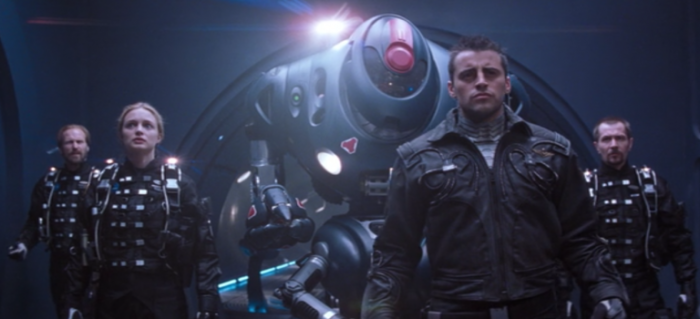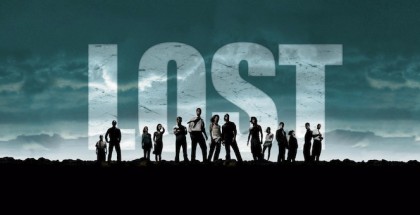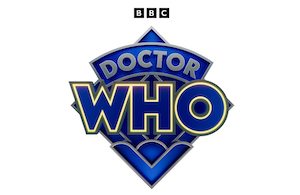VOD film review: Lost in Space (1998)
Review Overview
Oh, the pain
3The pain
3Josh Slater-Williams | On 13, Apr 2018
Director: Stephen Hopkins
Cast: William Hurt, Gary Oldman, Matt LeBlanc, Mimi Rogers, Heather Graham, Lacey Chabert, Jack Johnson
Certficate: PG
Watch Lost in Space online in the UK: Amazon Prime / Apple TV (iTunes) / Prime Video (Buy/Rent) / TalkTalk TV / Rakuten TV / Google Play
In April 1998, Lost in Space was the movie to finally end Titanic’s 15-week-long hold on the first-place position at the US box office. 20 years on from its theatrical release, the most enduring cultural impact of this wannabe blockbuster take on the TV series is as a footnote in the story of another film. Is this lack of a substantial legacy fair? With a new Netflix series reviving the Lost in Space brand, does the 1998 version deserve a second look? Is it due a reappraisal and cult following?
In short: no.
Stephen Hopkins’ Lost in Space was a moderate success itself, although it didn’t earn back its budget stateside and didn’t make enough worldwide to justify plans for a sequel. The film wasn’t exactly the nail in the coffin for the unusually popular 90s trend of turning old TV shows into movies, but it epitomises the faults of that fad and of the decade’s late-era blockbusters in general. In keeping with writer Akiva Goldsman’s script for Batman & Robin the year before, Lost in Space operates in a state of constant propulsion, yet is somehow completely inert at all times. There are no characters here, only vehicles to play off against computer-generated beings and deliver constant quips.
And, boy, are both the CGI and quips terrible. This is the sort of film built around showcasing effects, rather than using them to service a story, but virtually none of it holds up well. The practical effects, including spaceship sets, are an exception, but woeful CGI dominates to such an extent that the film is actively ugly from practically the first frame.
Conveniently, those first frames give you a prime taste of what you’re in for. With no breathing space from the opening New Line logo, we’re treated to exposition dump narration from Professor John Robinson (William Hurt), followed by a four-minute space dogfight that seems to have had two purposes only. Firstly, to showcase the majesty of what CGI could do for space battle sequences, a year before The Phantom Menace came out (spoiler: it looks bad). Secondly, to demonstrate that Matt LeBlanc is the next big blockbuster action hero (spoiler: oh honey, no).
LeBlanc’s pilot, Don West, spends the entire film making limp one-liners, most of which seem completely out of place with the tone of the drama. Hurt, meanwhile, seems to be falling asleep the entire movie. The less said about the youngest kids the better, but Heather Graham, as eldest daughter Judy, is as miscast as LeBlanc. And Mimi Rogers gets so little to play with as Maureen Robinson that you may forget she’s even in the movie when she’s not onscreen. Only Gary Oldman, as treacherous Dr. Smith, makes a dent in terms of an engaging screen presence, but what he gets to work with is hardly the most creative use of his tendencies towards creepy camp.
Looking back, Lost in Space seems a production rife with probable interference, from the fact that half the small cast basically sit out the whole last act, to the nagging feeling that Jared Harris, who appears in the finale, may have had his lines dubbed by someone else. Harris has a very distinctive cadence to his voice, and has done plenty of American accents before, but his voice here (as an older Will Robinson) doesn’t sound like anything he’s done in his entire career.
On a positive note, the film ends on what’s by far its best feature: Apollo 440’s rendition of the Lost in Space theme tune, which plays over the end credits and is pretty fun. Of course, the track still features excerpts of LeBlanc’s various one-liners peppered throughout, because clearly we can’t have nice things.
Lost in Space (1998) is available to watch online on Amazon Prime Video as part of a Prime membership or a £5.99 monthly subscription.























